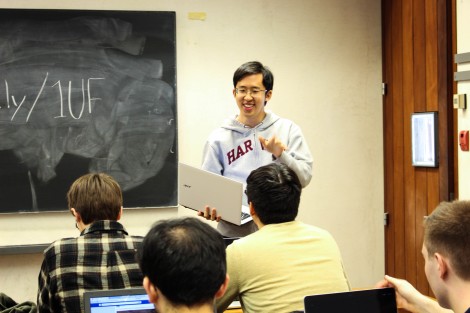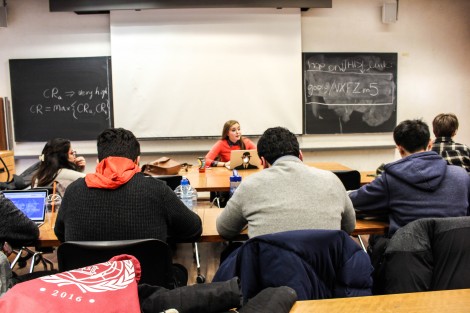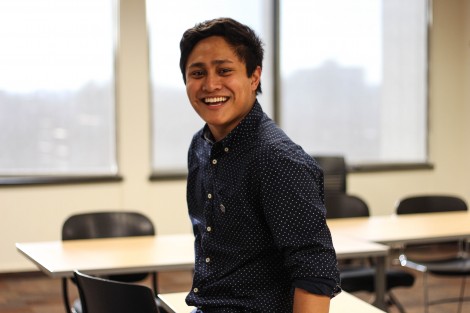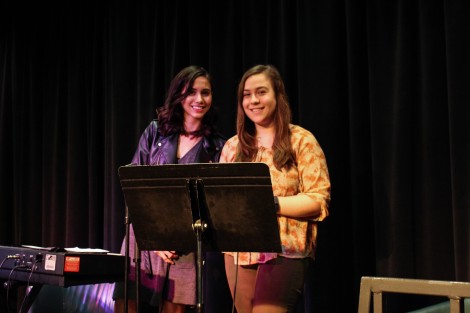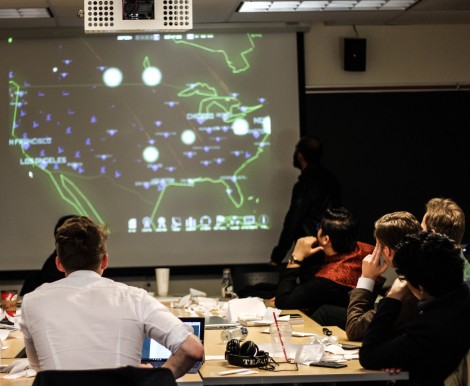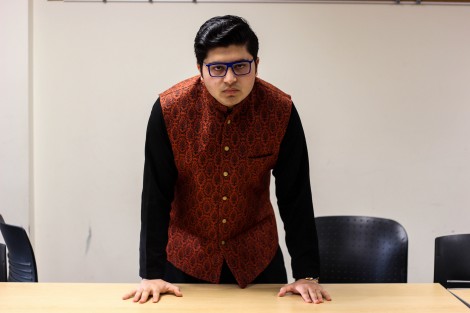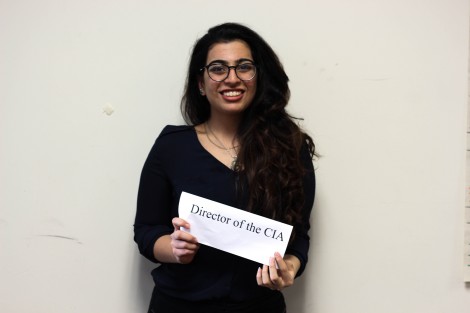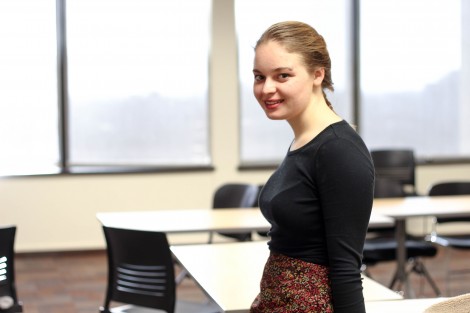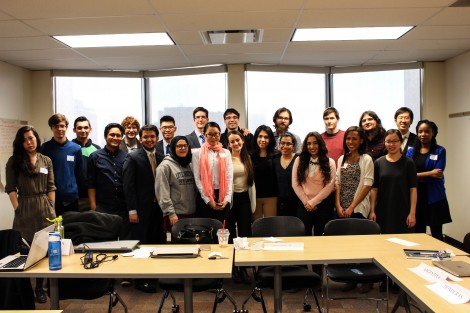Buried deep behind the air of pretense, global awareness, bow ties, and a thirst for the coveted ‘Best Delegate’ gavel, you will find the eager and passionate Model United Nations Delegate.
What is Model UN (MUN)? It can be described as a quest to solve world issues following the format of the procedures of the United Nations, but comprehends much more. This includes constructing speeches, negotiating with other delegates, following the platform of the country/individual you are representing and more; all in committees reflecting existing bodies in the United Nations such as General Assemblies, the Security Council and more.
The United Nations Society (UNSOC) at the University of Toronto is an organization of students who are passionate about Model UN and come together to help practice and better their skills and are able to attend conferences across the world. Delegates have attended conferences ranging from McGill MUN in Montreal, to Harvard MUN in Boston, even to World MUN in Rome.
All in search of the desired gavel. Fitting within the palms of one’s hand it is a symbol of effective public speaking and creative resolutions alongside teamwork and active participation.
But this search for the gavel isn’t the sole premise of Model UN. What keeps students coming back as delegates is the experience. The adrenaline of creating quick and effective resolutions to real global problems, the blocs of countries and alliances formed, the strategy, the history, the research, the preparation, and the passionate public speaking. Not to forget, the incredible friendships made.
So how does UNSOC work?
Within the halls of Woodsworth on Fridays from 3-5, if you listen closely enough, you will hear the minds at work of MUNers in crisis committee simulations, foundational learning of MUN strategies for success, and sharing their specific and overall experiences of MUN. These are what comprise the training sessions held every week to grow the strengths and potential of the delegates present.
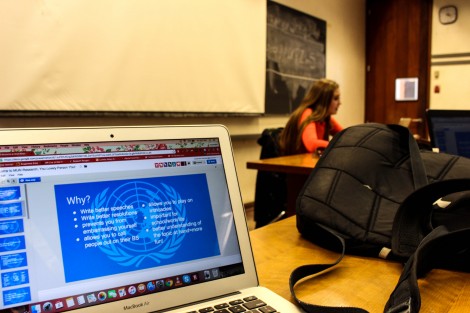
Ivana Vujeva, one of this year’s Co-Directors of Training has been an avid Model UN participant throughout her schooling. Winning prizes and distinction, she has proven her calibre and strengths as a model delegate. But things weren’t always so easy for her.
“It’s funny, when people see me now, they usually have no idea that when I first started Model UN, I was suffering from social anxiety that made it really hard to put myself out there, make new friends, and even interact with people I knew a little. 6 years later, Model UN has taken me from someone who would be too awkward to take on leadership roles and consistently question their own worth in a social group, to someone who—though I still have a lot to work on—feels far more comfortable sharing and advocating for my ideas, standing up for what I believe in, and putting myself out there socially”.
For Vujeva, she believes that the experience has been core to shaping who she is, “That’s why I always say that Model UN saved my life—without it, I’m quite certain I wouldn’t have been capable of this sort of growth”.
John Masangkay serves as Ivana’s partner as Co-Director of Training. He touches upon the importance Model UN has played in his life as well.
“I’m approaching my 6th year of Model UN. I first started doing this when I was a 14-year-old in high school and I’ve been hooked on it since. In such a large school such as U of T, Model UN has provided for me a vibrant and active community of like minded people. It is one of the central sources that I have made a significant portion of my friend group from”.
Masangkay also goes on to explain the importance of the skills MUN has taught him and what can be learned for other delegates as well.
“Model UN has definitely made me become a better public speaker. Before this, I would have never expected feeling comfortable speaking in groups larger than 40, let alone 300. It’s also taught me a lot about social dynamics: how to read people, how people change under stress, how to manage their stress, and how to appeal to different personality types. Most importantly, Model UN has drastically affected my worldview. I think it has made me a more open and accepting person, skeptical of dominating narratives. Being placed in the shoes of a different country every conference, the research has definitely shown me how drastically perspectives can differ on issues depending on geographical, historical, and cultural contexts”.
Vujeva also emphasizes however that it is solely not the experience but the people within it.
“I was able to find a community in the United Nations Society that accepted me for who I was, and gave me a space where I felt valued. When I came to meetings, I left my anxiety and outside pressures at the door. When I decided to run for co-director of training, I decided that I didn’t just want to improve curriculum, I wanted to take my experience and make that the rule for our organization, not the exception. And I have to say, it couldn’t have been more rewarding”.
Her training and expertise have also helped grow the UNSOC platform and community: “When my partner and I decided we wanted to drive the concept of ‘UNSOC the Family’ home every training session, the results were incredible. Meeting attendance practically quadrupled, members were bonding and forming friendships early on in the year, our social events were full of people who wanted to hang out with us, and novices and seasoned veterans alike came forward and commented how much more enjoyable the conference experience was now that there was a defined club culture of inclusiveness and dedication to our team”.
Masangkay adds: “It doesn’t matter if it’s a specific club, sport, or debate format like Model UN. I think all that matters is the community of people that fills the niche that matters the most”.
Training isn’t the only thing however that brings the group closer together. The emphasis on bonding and ensuring that the experience is also about relationships and friendships is brought through relaxing downtime. This includes hosting charitable events that bring the community together. This year, on March 9, UNSOC hosted a Coffee House with Partners in Health at U of T supporting initiatives in global health. The open mic night allowed for the delegates to transform into performers showcasing other facets of their various talents from musical capabilities, to spoken word, and stand-up comedy, the night was filled with hearty laughter and bonding.
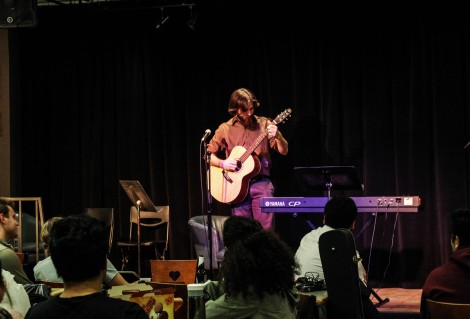
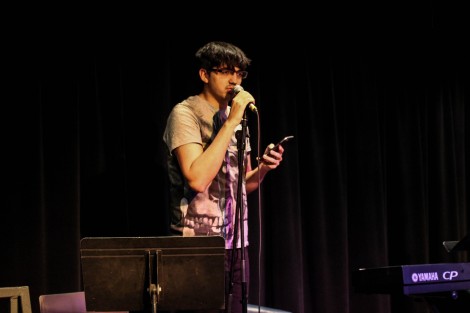
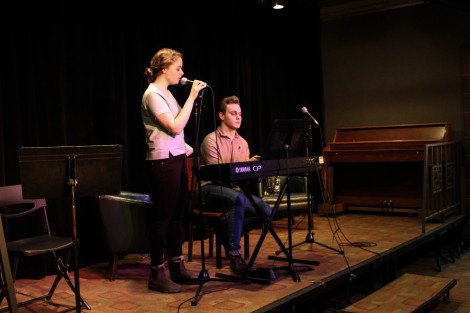
Danna Aranda (pictured above to the left) mentions how the Coffee House was a new experience differing from her every day Model UN simulations and training: “My partner and I didn’t actually think we would pull through ‘til the day of the coffeehouse. It was almost kind of spontaneous driven by our anxiety with school. We figured we should take one for the team, do something fun, perform, and be spontaneous—something you don’t get to do so often!”
Venessa Sectakof (pictured to the right) acts as the current Co-Conference Services Director and incoming President of UNSOC for the 2016-2017 academic year also enjoys the outreach as she states that, “It’s been an absolute pleasure watching UNSOC grow and work with other on-campus organizations to host various social and charitable events this past year”. She goes on to call upon the importance of this work and its benefits for the club as well: “We are becoming such an increasingly inclusive club with a rapidly expanding membership. I can’t wait to see what’s in store for us over the coming year and look forward to future inter-campus collaborative events!”
With rampant training mixed with the right amount of rest, a delegate is prepared to give their best in committee! UNSOC hosted its own In-House Simulation on March 11 allowing delegates a shot at polishing up their skills and putting them to the test.
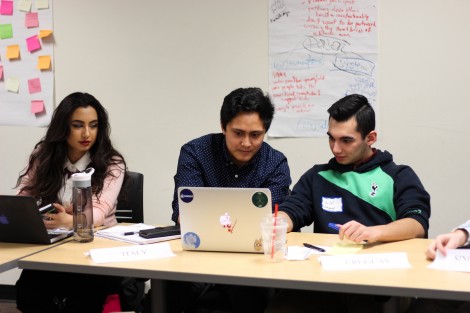
Here, the delegates while intensely participating in world peace in the general assembly, and world domination in the crisis committee, touched upon their experiences within the Model UN committee.
DAWOOD YOUNIS, 1ST YEAR
“Its an amazing experience. Having fun and enjoying yourself is a much larger component than the high school level. At the same time, I finally have opponents of my caliber… I’m always learning new things, whether that be from an opponent, or from our Training Directors. It’s a constant process of growing as a debate[r], but also as a person.”
ZAHRA ALI, 1ST YEAR
“My exposure to Model UN in high school has definitely been the backbone to my experience of Model UN in university. I joined UNSOC after getting intrigued by them at clubs’ fair in September, after which I attended their weekly Friday meetings. Every Friday we go through either simulations and or training sessions on how to become better delegates; and despite sounding otherwise, they’re honestly a lot of fun. I also went to Montreal this year with the team for MCMUN, which was one of my favourite experiences of first year at UofT. Moreover, this also encouraged me to become a staff member of UTMUN this year. I can’t wait to be a part of both these clubs again next year.…I love UNSOC, and I’m so incredibly glad I decided to check their weekly emails and think “this might just be interesting, I’ll just go to this one meeting and check it out”; first year would have been a lot duller without it.”
RACHEL BALL-JONES, 3RD YEAR – CURRENT PRESIDENT
“It’s difficult to say what Model UN means to me, because there’s so many different aspects. At conferences, I love to watch everyone come together to represent diverse perspectives on really pressing issues. Even though we aren’t affecting real change, we are debating ideas and solutions that are actually being discussed in policymaking bodies around the world. From a team perspective, Model UN at U of T has really become a home on campus. It’s a network of individuals who care deeply about global politics and are always willing to support each other and share ideas….I’m endlessly inspired by the group of people I get to work with at UNSOC. Every time I’m exhausted and want to leave a meeting, someone suggests we go out to eat or debate for just a few more minutes. Everyone in the organization is interested in it because they like their friends and they love to share ideas. This year the most exciting thing has been watching younger students start to feel like they really can take ownership of the organization – in terms of running for elections or taking photographs at events, or writing about us in The Varsity!”
Regardless of whether you are a first year or an outgoing president, UNSOC has served to act as a community that not only grows strong public speakers and critical thinkers for global problems, but also fosters a sense of family — “UNSOC the Family” that is.
Article and photos by Kassandra Neranjan.



